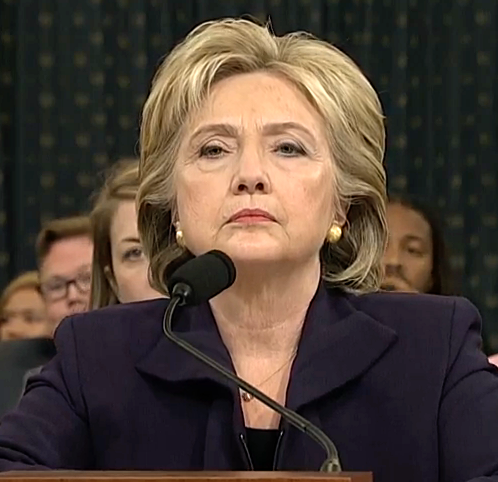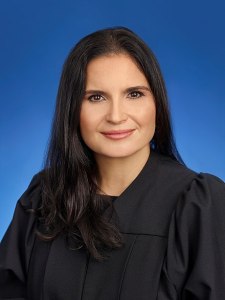
A student leader at Columbia is under fire this week over a newly-resurfaced video declaring that “Zionists don’t deserve to live.” Khymani James has been one of the leaders at the anti-Israel encampment at Columbia and featured prominently by media outlets. He is reportedly the spokesperson for Columbia’s anti-Israel student group Apartheid Divest James embodies the type of radical chic culture that pervades higher education among both faculty and students.
James mocked university officials who called to inquire about such statements, including “Zionists don’t deserve to live comfortably, let alone Zionists don’t deserve to live…The same way we are very comfortable accepting Nazis don’t deserve to live, fascists don’t deserve to live, racists don’t deserve to live, Zionists, they shouldn’t live in this world.”
He added: “Be grateful that I’m not just going out and murdering Zionists. I’ve never hurt anyone in my life, and I hope to keep it that way.”
The conservative site, the Daily Wire, published an Instagram post in which James mocks officials from Columbia’s Center for Student Success and Intervention who said that they were doing a routine inquiry over the comments. The staffers asked such mild questions as “Do you see why that’s problematic in any way?” James did not react well.
When asked “Do you see why that’s problematic in any way?,” James said “No” and added “I feel very comfortable, very comfortable, calling for those people to die. And with that being said, Khymani is signed out.”
Despite mocking the inquiry to his followers on social media, James retracted the words after the video was published and caused a backlash. It is a familiar pattern on our campuses where faculty and students garner support for radical statements and then tack back when those comments become a liability.
James posted a statement on X:
“On Thursday, a video of me taken back in January began to circulate online. What I said was wrong. Every member of our community deserves to feel safe without qualification…I also want people to have more context for my words, which I regret. Far right agitators went through months of my social media feed until they found a clip that they edited without context. When I recorded it, I had been feeling unusually upset after an online mob targeted me because I am visibly queer and black.”
The original radical and hate-filled statements by James are hardly unique in higher education. Administrators, faculty and admissions committees have fostered this environment.
We recently discussed one of UCLA’s “activists in residence” spewing anti-Israeli and racist comments at a mandatory medical school class. Likewise, we have seen professors recently espousing the same violent rhetoric or sentiments.
We have seen a steady stream of professors shouting down speakers, committing property damage, participating in riots, verbally attacking students, or even taking violent action in protests.
Others, like Fresno State University public health professor Dr. Gregory Thatcher, recruited students to destroy pro-life messages.
At the University of California Santa Barbara, professors actually rallied around feminist studies associate professor Mireille Miller-Young, who physically assaulted pro-life advocates and tore down their display.
Despite pleading guilty to criminal assault, she was not fired and received overwhelming support from the students and faculty.
She was later honored as a model for women advocates.
Other faculty confine themselves to calling for or justifying the violence of others.
We saw professors advocating “detonating white people,” denouncing police, calling for Republicans to suffer, strangling police officers, celebrating the death of conservatives, calling for the killing of Trump supporters, supporting the murder of conservative protesters, and other outrageous statements.
University of Rhode Island professor Erik Loomis defended the murder of a conservative protester and said he saw “nothing wrong” with such acts of violence.
The university later elevated Loomis to director of graduate studies of history.
For many academics, this extremist rhetoric is reinforced on campuses and supported by colleagues. When they make it into the main press (often through conservative or alternative media outlets), they often take their social media posts private or issue the perfunctory mea culpa.
The extremist rhetoric of students like James are being fostered in this environment where universities now offer degrees in activism and professors support censorship and violence. This will continue until more donors demand greater diversity of viewpoints on our campuses and an end to the academic orthodoxy that has taken hold of many faculties.






